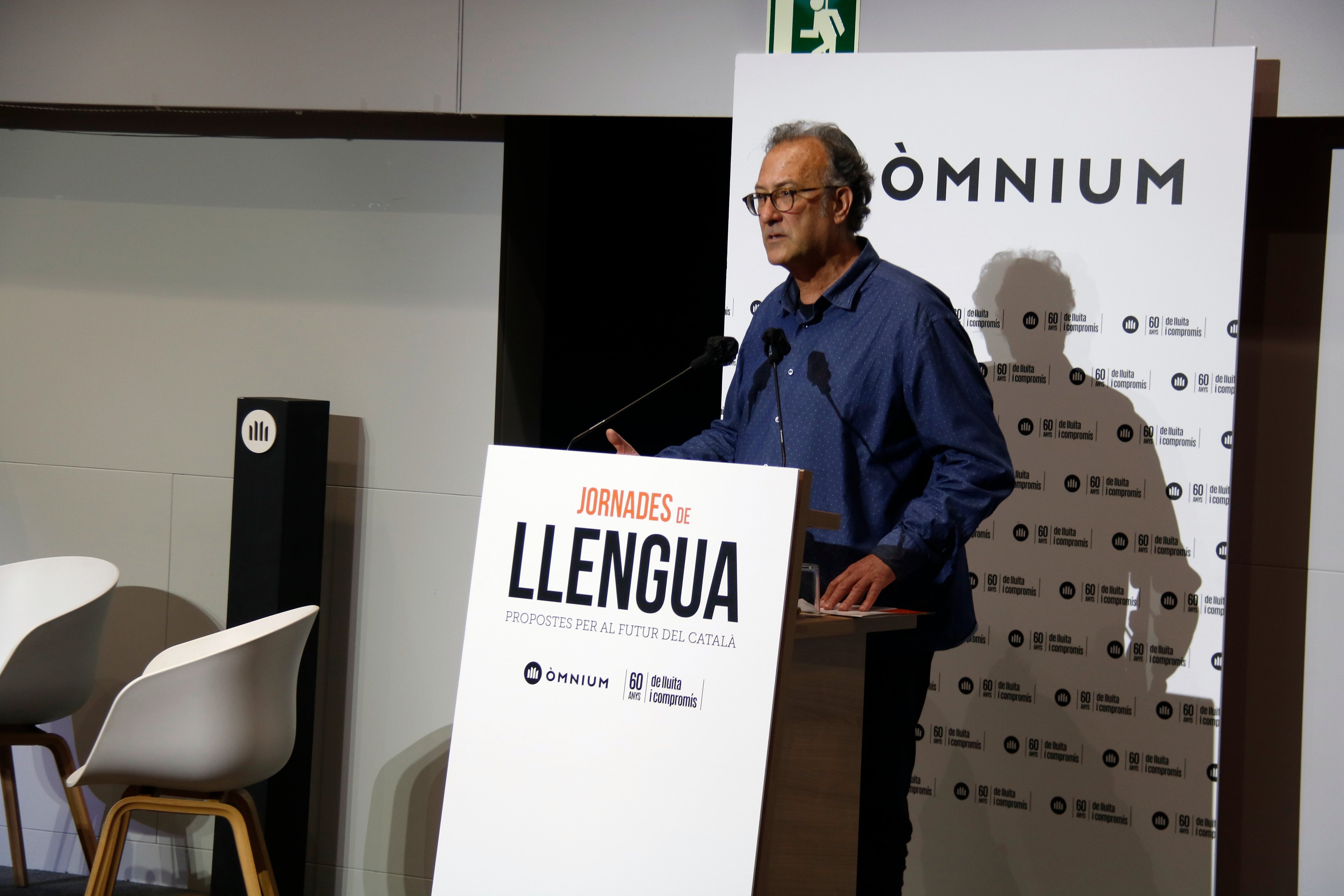The espionage carried out against more than sixty Catalan pro-independence leaders along with contacts, friends and family members using Pegasus spyware has been denounced internationally this Monday in a complaint made by the president of Òmnium Cultural, Xavier Antich, before the Human Rights Council of the United Nations. Antich, head of the leading Catalan cultural and pro-independence organization, appeared at the Geneva headquarters via video link and demanded accountability from the Spanish government for the espionage against dozens of people in pro-independence circles as demonstrated by the University of Toronto research centre Citizen Lab.
In a statement made in French, Antich explained how "Citizen Lab has shown that 65 people were spied on illegally in Catalonia. 'Catalangate' is the largest case of espionage using Pegasus in the world and there is convincing evidence that Spain was responsible." He recalled that the victims were politicians, activists, journalists and lawyers, among others, related to the movement in favour of self-determination in Catalonia. Similarly, the president of the organization recalled that Òmnium, which is a member of the European Language Equality Network, has itself been a victim of this espionage, and the circles around former Òmnium president Jordi Cuixart - including his family and colleagues - also had their devices hacked using Pegasus. Antich took the opportunity to point out that Cuixart had been imprisoned and that the United Nations had already denounced this jailing through the UN Working Group on Arbitrary Detention.
Attack on civil society
In the video, Xavier Antich argues that this espionage is an attack "on the heart of democracy" because Pegasus has been used to attack people in civil society as well as political opponents and that this represents "a clear violation of the right to freedom of assembly and demonstration." For those reasons, the pro-independence leader calls on the UN to intervene to ensure that the Spanish state launches an immediate investigation to identify and punish those responsible and provide answers: "Why have we been spied on, who has access to the information obtained, and what was the purpose of it?" "Punishing the perpetrators and offering the truth to the victims is essential to ensure that these intolerable acts are never repeated," concluded Xavier Antich. Clément Voule, special rapporteur on the rights to freedom of peaceful assembly and association, responded to Òmnium Cultural, an unusual action in such proceedings, in an intervention in English (see video below). He called on the Human Rights Council to take "strong action" to ban states from using Pegasus, as it is a tool that "violates privacy and endangers citizens."
Relations broken with Spanish government
The Catalan presidency minister, Laura Vilagrà, announced last Thursday that her government would not hold scheduled meeting of the bilateral committee between Catalan and Spanish governments in July "because there are no major transfers on the table". "We have to close the Pegasus crisis first and then we can talk about other things," she added. In an event at Forum Europa: Tribuna Catalunya, the minister said that the Catalan government does not want a bilateral meeting "just for a photo to be taken" and warned the Spanish government that they will not come together in this format until "the conditions are met", that is to say, that they first talk about "anti-repression issues and fundamental rights." "For the other things, relations are not in a normal state," she concluded. In addition, Vilagrà again demanded a "real and intense negotiation" at the Spain-Catalonia dialogue table on the political conflict.

